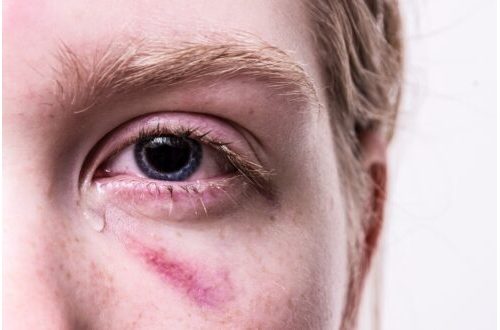What to do if you are a victim of domestic abuse
With the Euros 2024 in full swing, the National Centre for Domestic Violence has highlighted the link between increased domestic abuse and football tournaments. The Centre reports an increase of up to 26% when England play and 38% if the team loses. Often fuelled by alcohol and heightened emotions, sport-related domestic violence can exacerbate existing day to day abusive behaviours.
If you are a victim of domestic abuse and violence, there is help available from both charitable organisations and the law, to protect you and your family, as discussed below.
What is domestic abuse?
Any behaviour that is controlling, coercive, threatening, degrading or violent constitutes domestic abuse.
More specifically, it can involve:
- Physical abuse such as kicking, punching and slapping
- Sexual abuse involving non-consensual sexual acts
- Verbal abuse in the form of name calling and shouting
- Emotional abuse which can involve controlling behaviour causing fear and trepidation
- Financial abuse denying victims access to money
- Harassment and stalking which can include being followed and unwanted communication and/or gifts
- Online & digital abuse involving defamatory social media comments and the use of spyware
Seeking help
Despite a government report highlighting the need for the legal system to fully support victims and those vulnerable to domestic abuse, it can still carry an aura of shame. This means many acts of abuse and violence go unreported.
If you are a victim, do tell trusted family and friends what is happening – domestic abuse and violence is not your fault, and they can offer valuable support as you deal with its impact and navigate a way out.
For those at risk, there are organisations and charities that can help you to protect yourself and your children, providing advice on personal safety issues and arranging refuge accommodation in an emergency.
- If there is any risk to personal safety call the Police and if a criminal act has been committed, do consider pressing charges
- Reach out to local or national charities that help victims of domestic abuse.
- These organisations can provide advice on personal safety issues, offer support and arrange refuge accommodation in an emergency and include:
- In the Sussex area Rise https://www.riseuk.org.uk/
- On a national level https://refuge.org.uk/ and https://www.womensaid.org.uk/
- https://galop.org.uk/ for LGBT+ victims and survivors of abuse
- For male victims https://mankind.org.uk/
How family law can help
Everyone has the right to live without fear and family lawyers can help those at risk through the use of injunctions. An injunction is a court order made under the Family Law Act that instructs a person that they are prohibited from committing certain actions.
There are two types of orders that can help to protect victims of domestic abuse and violence:
- A Non-Molestation Order instructs a person that they are forbidden from committing certain acts, such as violent or threatening behaviour towards you and your children.
- An Occupation Order is used to control who is allowed to live in or visit the family home, including the area around it. The order can also state who is responsible for paying the mortgage or rent.
We are highly experienced in both obtaining Family Law Act orders and representing people who have been served them. Many years of experience as specialist lawyers has taught us that each individual situation is very different. We can help by listening sensitively and giving you straightforward legal advice so you can weigh up what choices will work best for you.
We offer a no obligation initial consultation for a fixed fee of £100 (incl. VAT), for up to one hour. At this meeting, we can advise you on all the issues relating to your personal circumstances, allowing you to make informed decisions moving forward.
To book an appointment please call 01444 472700, email us at [email protected] or complete the form below.

Book a consultation to discuss your options –
Only £100 (Incl. VAT)
We know how difficult divorce and separation can be, so we offer an initial one hour fixed fee consultation with a fully qualified lawyer, to help you make an informed decision about how to proceed.
To book, please call 01444 472700 or complete the quick contact form.
